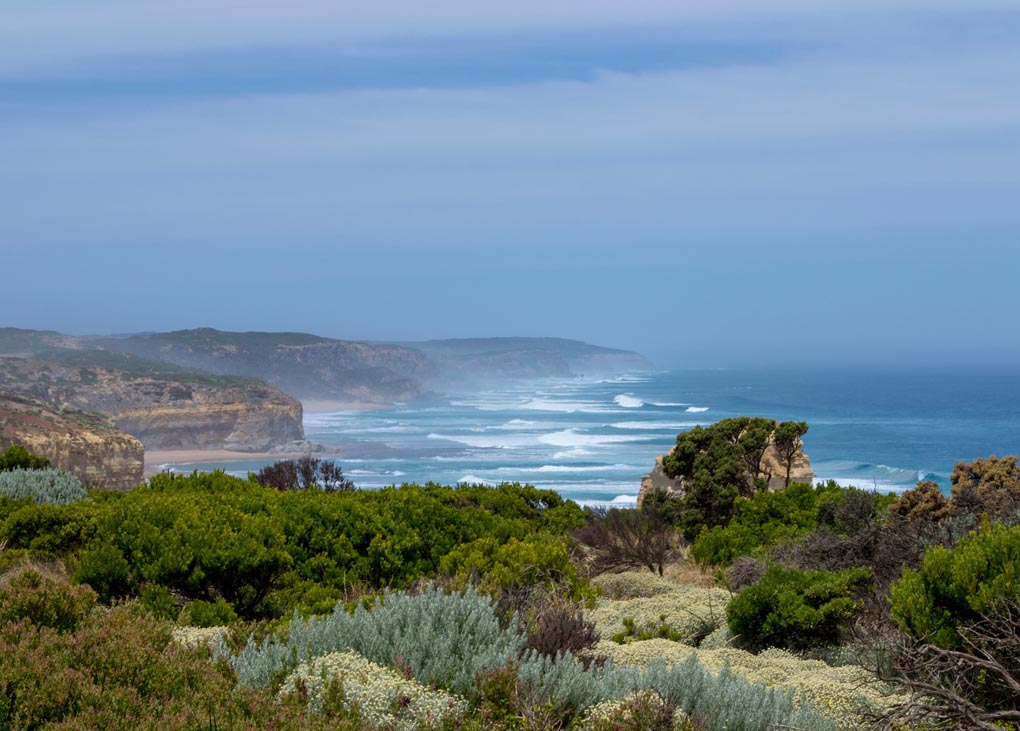The Victorian Government has tabled in parliament its formal determination of Victoria’s 2035 emissions reduction target under its Climate Change Act 2017. The Act sets a framework to keep developing new policies to meet the targets, or sector pledges.
The 2035 target aims to reduce Victoria’s greenhouse gas emissions by 75–80 per cent below 2005 levels. According to the Department of Energy, Environment and Climate Action (DEECA), this ranks Victoria among world leaders globally and will bring real benefits for Victorians, including new jobs, energy bill savings, improved health and environmental benefits. Victoria was one of the first jurisdictions in the world to put a net-zero emissions target in law, DEECA says.
The government has also brought forward the date to achieve net zero emissions from 2050 to 2045. These targets build on Victoria’s record of cutting the state’s emissions by almost a third since 2005.
According to DEECA, the Victorian government’s targets provide a clear path to net-zero emissions, that is:
- 28–33 per cent by 2025
- 45–50 per cent by 2030
- 75–80 per cent by 2035.
Key actions the government says it is already taking to cut emissions include:
- Increasing the 2030 Victorian Renewable Energy Target (VRET) to 65 per cent and setting a new VRET target of 95 per cent renewable electricity generation by 2035
- Bringing back the State Electricity Commission (SEC)
- Setting the biggest energy storage targets in Australia
- Setting a target for 50 per cent of new light vehicle sales to be zero-emissions vehicles by 2030 – powered by electricity, hydrogen and other clean new fuels
- Working towards the world’s first carbon-neutral pasture-based dairy farm.
DEECA says the Victorian government will continue to work with communities and businesses to build on these actions and meet its targets. This will involve work in clean energy, land restoration, zero-emissions transport, and a circular economy, as well as lower energy bills, and greater biodiversity.
Read more on Victoria’s climate action targets here.
 Louise Belfield
Louise Belfield


Leave a Reply